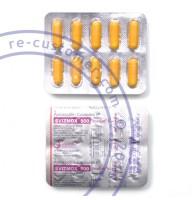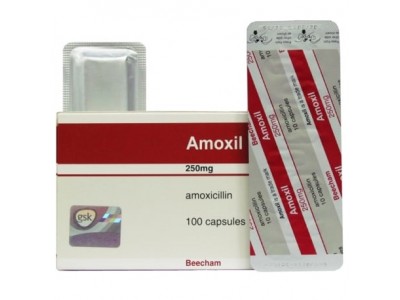Starting a regimen that includes amoxicillin 500mg, chloramphenicol capsules, paracetamol, and anti-malaria drugs should be done under the guidance of a healthcare provider to ensure the correct dosage, timing, and potential interactions are managed effectively. However, here is some general information on how each of these medications is typically used.
Amoxicillin 500mg is an antibiotic commonly used to treat bacterial infections. It is usually taken every 8 to 12 hours, depending on the specific condition being treated. It should be taken with or without food, and it is important to complete the full course prescribed by your doctor, even if you start feeling better before finishing all the medication.
Chloramphenicol is another antibiotic used to treat serious bacterial infections. The dosage and frequency depend on the type and severity of the infection. It is crucial to follow your healthcare provider's instructions closely because chloramphenicol can have serious side effects, including bone marrow suppression. Typically, it might be taken every 6 hours, but this can vary.
Paracetamol, also known as acetaminophen, is used to reduce fever and relieve pain. The usual adult dose is 500mg to 1000mg every 4 to 6 hours as needed, but do not exceed 4000mg in a 24-hour period to avoid the risk of liver damage. Paracetamol can be taken with or without food.
Anti-malaria drugs vary depending on the specific medication prescribed. Common anti-malaria drugs include chloroquine, artemisinin-based combination therapies (ACTs), and others. These medications are often taken before, during, and after travel to malaria-endemic areas to prevent infection or as a treatment for an active infection. The dosage regimen will vary significantly based on the specific drug and the region's resistance patterns.
Combining these medications requires careful attention to avoid potential drug interactions and side effects. Always follow your healthcare provider’s instructions regarding the timing and dosing of each medication. It’s also important to inform your doctor about any other medications or supplements you are taking to avoid adverse interactions. If you experience any unusual symptoms or side effects, seek medical advice promptly.

